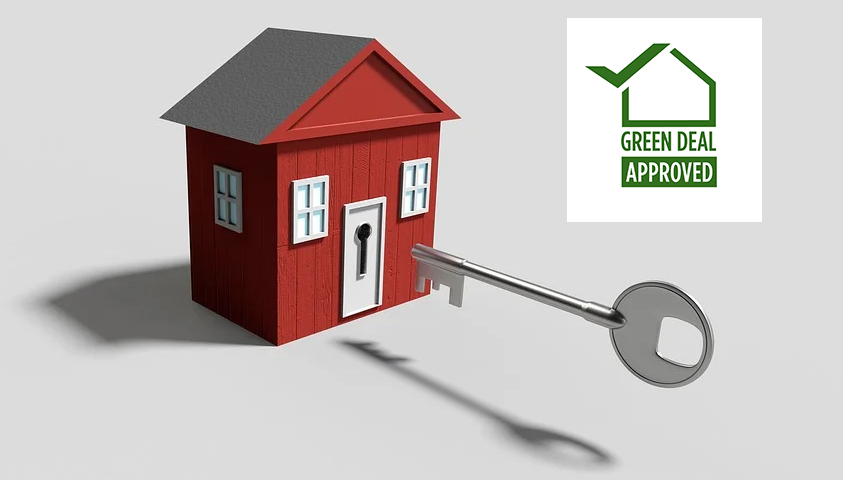Surveys have shown that the group of buyers least likely to offer less than the asking price or to enter into negotiations when buying their home are first-time buyers. This is hardly surprising given they have, by definition, no experience in this field.
In contrast, the estate agent is selling property for clients all day, every day. They do this for a living. They also have another huge advantage. It’s not their money, it’s not their decision and it’s not their dream home!
This puts a motivated buyer at a significant disadvantage. This is where being organised, having a plan of attack and doing your best Meryl Streep or Kenneth Brannah-style acting performance can help you!
As with other things in life, being spoilt for choice will enable you to approach the negotiation in a stronger position. If you have three properties that you like you’re going to be a lot better placed to be a tough negotiator. And even if you don’t, if the seller’s agent thinks you do, that can’t hurt!
What can you do to improve your negotiating position? Here are a few simple tips that too many people ignore;
- Remember, the agent is acting in the best interests of the seller and the seller pays his fees. The agent is not your friend, and certainly not your confidant. Don’t disclose your budget or your circumstances, unless doing so will benefit your attractiveness as a buyer.
- Whilst the agent is not on your side, it does no harm to foster an amicable relationship. Whilst she’s not acting for you, she is keen to make a sale, so sometimes making a good case can help the agent pitch it favourably to her client. An agent is a ‘deal-maker’ after all.
- Be prepared. Make sure you can ‘perform’ if your offer is accepted and illustrate this to the agent and to the seller. Offering more than anyone else is one thing, but being a credible buyer is more important. Have your mortgage offer agreed in principle and, if at all possible, have your own property sold or sold subject to contract.
- Visit the property several times at different times of the day and on weekdays and weekends so as to properly understand the neighbourhood.
- Don’t be afraid to ask searching questions of the seller. “What are your neighbours like?” “Is broadband good?” “have you had any structural problems with the roof?” Especially if you have suspicions.
- Take time to understand what motivates the seller and his agent. This will enable you to put forward the best offer for their needs. Offering an extra £5,000 might seem sensible, but if the seller is more interested in selling quickly, a few thousand pounds will make little difference. What do they want?
- Keep in contact. Between viewings, make sure you keep the agent appraised of your interest. But stay cool. Don’t gush about how much you love the place. But make sure the agent knows you might be in the running. That way, he should contact you if he receives other offers, meaning you won’t miss opportunities.
- Make your offer clear and unambiguous. If it is conditional upon anything then state it in the offer (i.e. subject to your house sale) and if you are worried about defects, like the property’s wiring or damp, etc then make sure to mention this. That way, if a home survey highlights a need to do work, you have a credible case for reducing the price later. After all, other buyers will incur the same costs, so you are only reflecting the condition of the property.
- Try to circumvent the agent. This is a little controversial. After all, the agent is tasked with selling the property and she’s probably better at negotiating than her client. But, either way, the agent will be paid, so if you are able to build a good relationship with the seller directly, it should pay dividends.
- Don’t get too personal. Many people will take a low offer as a personal slight. But that doesn’t mean you shouldn’t try. Just remember, if you are too cheeky and clearly ‘trying it on’, you might blot your copybook when it comes to later offers. If you are offering low, make sure to have a good case as to why. You’re a cash buyer that can act fast. Whilst you like their home, it has several problems, like no garage, one too few bedrooms, it needs re-wiring. You get the drift. Try to keep things civil and be straight-talking, but considerate of the seller’s pride. It’s their home you’re criticising!
- Keep things in perspective. Yes, you might love this place, but there will be plenty more fish in the proverbial sea.
- Remember, if you can save £5,000 in a phone call, that’s probably £7,000 to £10,000 you haven’t had to earn. Keep your eye on the prize. And be creative. If you need carpets and curtains, maybe ask for them once you are in the final stages of agreeing on a deal. Or maybe lobby for that fantastic garden shed that was excluded from the sale to be ‘thrown in’. Sometimes the savings to you will exceed the cost to the seller.
Last but not least, remember the old adage, ‘don’t ask and you don’t get’. You’d be amazed at what’s negotiable. Happy house-hunting!


